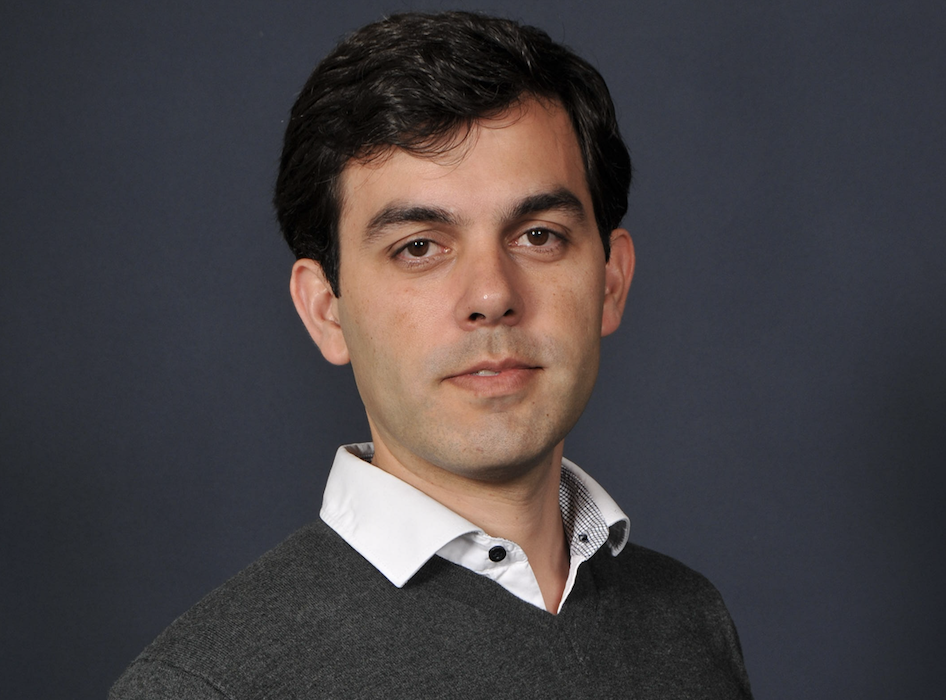 Dr Amit Kaura, Honorary Clinical Lecturer in the National Heart and Lung Institute, discusses the future of blood pressure monitoring in this blog post for ‘Know your Numbers!’ week – a campaign encouraging people to check their blood pressure.
Dr Amit Kaura, Honorary Clinical Lecturer in the National Heart and Lung Institute, discusses the future of blood pressure monitoring in this blog post for ‘Know your Numbers!’ week – a campaign encouraging people to check their blood pressure.
Hypertension, or high blood pressure, is a major global health issue, affecting over 1.3 billion people. Yet, despite its prevalence, many people don’t fully understand what hypertension is, how it impacts health, and how they can manage it effectively.
Hypertension occurs when the force of blood against the walls of your arteries is consistently too high. This force, known as blood pressure, is measured in two numbers: systolic pressure, the pressure in your arteries when your heart beats, and diastolic pressure, the pressure when your heart is resting between beats. A normal blood pressure reading is considered to be around 120/80 mmHg, while readings consistently at 140/90 mmHg or higher indicate high blood pressure.
Often called the ‘silent killer,’ hypertension typically presents no symptoms until significant damage has occurred. Left unchecked, uncontrolled hypertension can lead to serious health issues, including heart disease, stroke, and kidney failure.
My journey into hypertension research is rooted in my background in data analytics in cardiovascular sciences. Hypertension, with its inherently numerical nature, fascinated me from the start. It is not just a static measurement; it is dynamic, with fluctuations that occur throughout the day and in response to various stimuli. This complexity piqued my interest and led me to explore the deeper intricacies of how we define and diagnose hypertension.
The traditional approach of diagnosing hypertension based on a single cut-off value – usually 140/90 mmHg – seemed overly simplistic to me. Through my research, I began to question whether this binary threshold truly captures the nuanced reality of hypertension. There is a wealth of data on the fluctuations and patterns of blood pressure that could offer more insight into cardiovascular risk than a one-time measurement.








